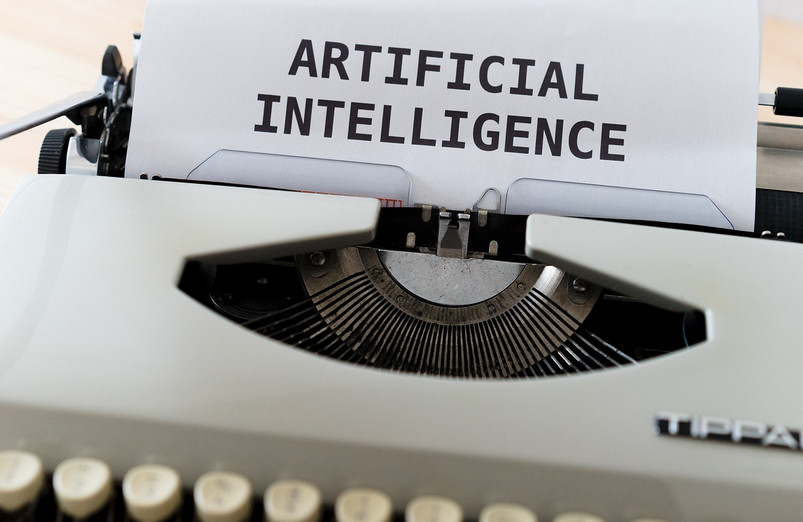The way we work has changed dramatically in recent years. While remote work was once an exception, it has become a permanent part of everyday life for many businesses and employees since the pandemic. At the same time, artificial intelligence (AI) has made a tremendous leap forward. The combination of these two developments creates a new work landscape with opportunities, challenges, and questions about the future.
More efficient remote collaboration
One of the biggest challenges of remote work is maintaining good collaboration and communication. AI is playing an increasingly important role in this area. Think of smart meeting tools that automatically create minutes, highlight action points, and summarize discussions. Video conferences are also enhanced with real-time translations, allowing international teams to collaborate more smoothly.
Productivity and individual support
Beyond collaboration, AI also helps individuals. Virtual assistants are becoming increasingly capable of managing schedules, prioritizing emails, and filtering important information. Chatbots and internal knowledge bases, often powered by AI, make it easier for employees to quickly find answers without disturbing colleagues. This saves time and increases productivity, especially in a remote work environment where independence is important.
AI and employee well-being
Remote work can lead to feelings of isolation or blur the boundary between work and private life. New AI applications analyze work patterns and provide recommendations to maintain a better balance. For example, software can signal when someone is working too long without a break or give tips for better distributing the workload. While this can be useful, it also raises questions about privacy and control.
Security and data management
With remote work comes an increased risk of data leaks and cyberattacks. AI is increasingly used to detect suspicious activity and protect sensitive information. For example, systems can automatically log unusual behavior or flag unusual access patterns. For companies, this is crucial to maintain the trust of customers and employees, especially now that company data is more often accessed from home.
Future outlook
Developments are moving quickly. While AI is currently mainly used as a supportive tool, it is likely to play a greater role in decision-making and strategic processes in the future. This raises fundamental questions: how much responsibility do we want to delegate to algorithms, and where must the human factor always remain central? What is clear is that the combination of remote work and AI is no longer a temporary trend, but a lasting shift in how we organize work.

